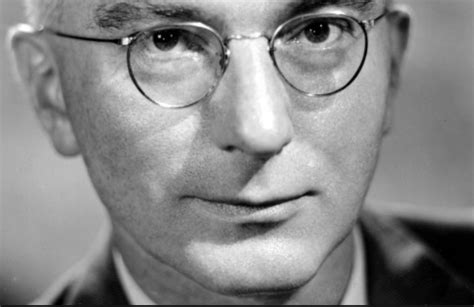A Quote by Alfred Rosenberg
Racial history is therefore natural history and the mysticism of the soul at one and the same time; but the history of the religion of the blood, conversely, is the great world story of the rise and downfall of peoples, their heroes and thinkers, their inventors and artists.
Related Quotes
The constancies and equivalences adumbrated work havoc with such settled topical blocks as myth and philosophy, natural reason and revelation, philosophy and religion, or the Orient with its cyclical time and Christianity with its linear history. And what is modem about the modem mind, one may ask, if Hegel, Comte, or Marx, in order to create an image of history that will support their ideological imperialism, still use the same techniques for distorting the reality of history as their Sumerian predecessors?
Like every man who appears at an epoch which is historical and rendered famous by his works, Jesus Christ has a history, a history which the church and the world possess, and which, surrounded by countless memorials, has at least the same authenticity as any other history formed in the same countries, amidst the same peoples and in the same times. As, then, if I would study the lives of Brutus and Cassius, I should calmly open Plutarch, I open the Gospel to study Jesus Christ, and I do so with the same composure.
Music expresses feeling, that is to say, gives shape and habitation to feeling, not in space but in time. To the extent that music has a history that is more than a history of its formal evolution, our feelings must have a history too. Perhaps certain qualities of feeling that found expression in music can be recorded by being notated on paper, have become so remote that we can no longer inhabit them as feelings, can get a grasp of them only after long training in the history and philosophy of music, the philosophical history of music, the history of music as a history of the feeling soul.
The introduction of the Christian religion into the world has produced an incalculable change in history. There had previously been only a history of nations--there is now a history of mankind; and the idea of an education of human nature as a whole.--an education the work of Jesus Christ Himself--is become like a compass for the historian, the key of history, and the hope of nations.
Does history warrant the conclusion that religion is necessary to morality - that a natural ethic is too weak to withstand the savagery that lurks under civilization and emerges in our dreams, crimes and wars? ... There is no significant example in history, before our time, of a society successfully maintaining moral life without the aid of religion.



































